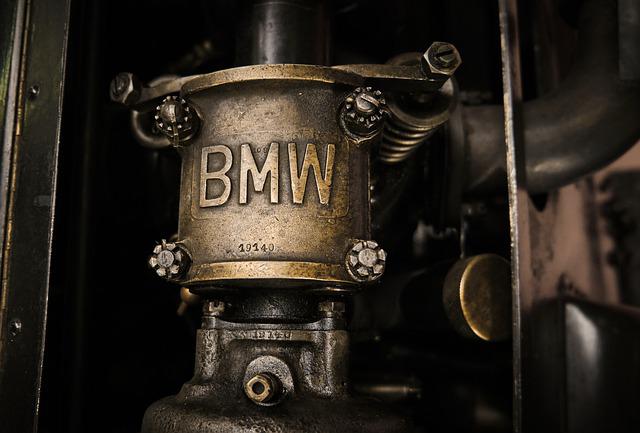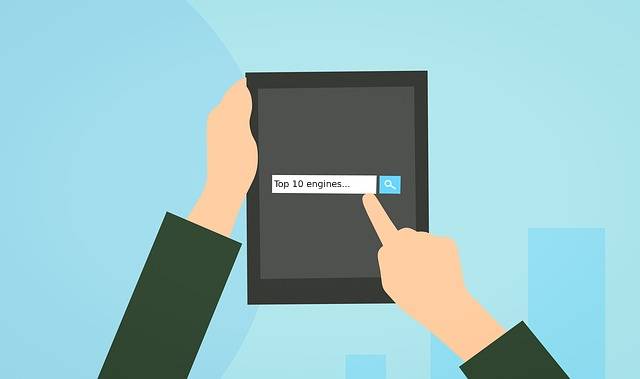Avoiding Extreme Conditions: A Guide To Help You With Safe Driving
Find Used Engines and Transmissions for a Great Price! Live Assistant For Used Engines Call 1800-518-9776

Extreme driving circumstances are difficult and potentially dangerous scenarios that drivers may experience while operating a vehicle. Due to their propensity to raise the danger of accidents and make vehicle control more challenging, these situations necessitate increased focus, skill, and prudence. Some important considerations for driving in difficult situations are what we discussed in this blog.
What is meant by extreme conditions while driving?
-
Weather hazards: Visibility and traction are decreased by heavy rain, snow, ice, or fog. Hydroplaning, where tyres lose contact with the road, can occur on wet roads.
-
Ice-covered roads: Lack of traction might result in sliding and make braking or accelerating difficult. Almost undetectable ice patches known as "black ice" pose a serious risk.
-
Storms with heavy snowfall: Reduced visibility, snow accumulation can make roadways slick and tyre grip less effective.
-
Fog: Reduced visibility calls for increased alertness and slower movement. It is crucial to use low beams and fog lights.
-
Extreme Heat: This may cause engine overheating and tyre blowouts. Road surfaces can deteriorate as a result of high temperatures.
-
Mountain roads: Careful speed control is required due to the steep hills and tight turns. Downhill portions may demand engine braking and put stress on the brakes.
-
Driving at night: Proper usage of headlights and following distance is required due to reduced visibility. At night, weariness among drivers may be worse.
-
Construction zones: Slower speeds and more caution are required due to the narrowed lanes and changing road conditions. Equipment and personnel increase the complexity.
-
Heavy Traffic: Braking and accelerating frequently are necessary in stop-and-go traffic. Accident risk is raised because of the proximity of vehicles.
-
Emergency Situations: Swift decision-making is necessary in the event of sudden barriers, mishaps, or mechanical malfunctions. It's essential to keep your cool to prevent panic.
Safety tips during extreme weather conditions
-
Make a plan and research the weather and driving conditions before your journey. Reduce your speed when driving in bad weather, such as rain, snow, or fog. Slower speeds enhance control and quickness of response
-
Widen the gap between the vehicles by the following amount. This buffer gives us additional time to respond to rapid traffic changes.
-
No matter what time of day it is, turn on your headlights when there is poor visibility. This enhances your visibility to other motorists.
-
Smoothly brake and accelerate: To avoid sliding, brake gently and accelerate gradually. A loss of control might result from sudden movements.
-
Disable cruise control to avoid using it when it's slick. Acceleration and braking must be under your direct control.
-
Keep informed by tuning into broadcasts for traffic updates and emergencies. Keep an eye out for any road closures, detours, or dangerous places.
-
Maintain clean, clear visibility by keeping all windows, mirrors, and lights free of ice, snow, and dampness. Defrosters should be used as needed.
-
Driving through standing water should be done carefully to avoid hydroplaning. To avoid hydroplaning, slow down and avoid rapid movements.
-
Carry a small emergency kit that includes things like a torch, blankets, drinks, snacks, and a fully charged phone. If you become lost, this package may be your only hope.
Conclusion
To respond to difficult driving situations, one must slow down, increase following distance, prevent rapid manoeuvres, and keep abreast of the weather and road conditions. To maintain peak performance in these difficult circumstances, regular vehicle maintenance is crucial, including checking the tread on the tyres and the brakes.
The second-hand criterion of engines and transmissions is satisfied by Used Engines, a well-known platform in the American automotive industry. Their reputation was developed by offering tried-and-true goods and first-rate services.
related
You May Also Like

Which BMW Has the Most Horsepower?
A car is useless if it doesn’t have good horsepower. Just imagine driving your car with sluggish acceleration and it drags on the road whenever you take it for a spin.
Read Article
10 Best Engines Made So Far By Top Engine Manufacturers
Over the years, the car industry has seen major changes. Car engines have become smarter and it looks like every new engine that rolls out is better than the other.
Read Article
How to Make Your Car Last Forever?
Isn’t it lovely when a new car works the way you want? The gears shift smoothly and the wheels roll without dragging against the road. But as your car gets older, you’ll notice that it doesn’t drive smoothly, has lower fuel mileage, and overheats easily.
Read Article